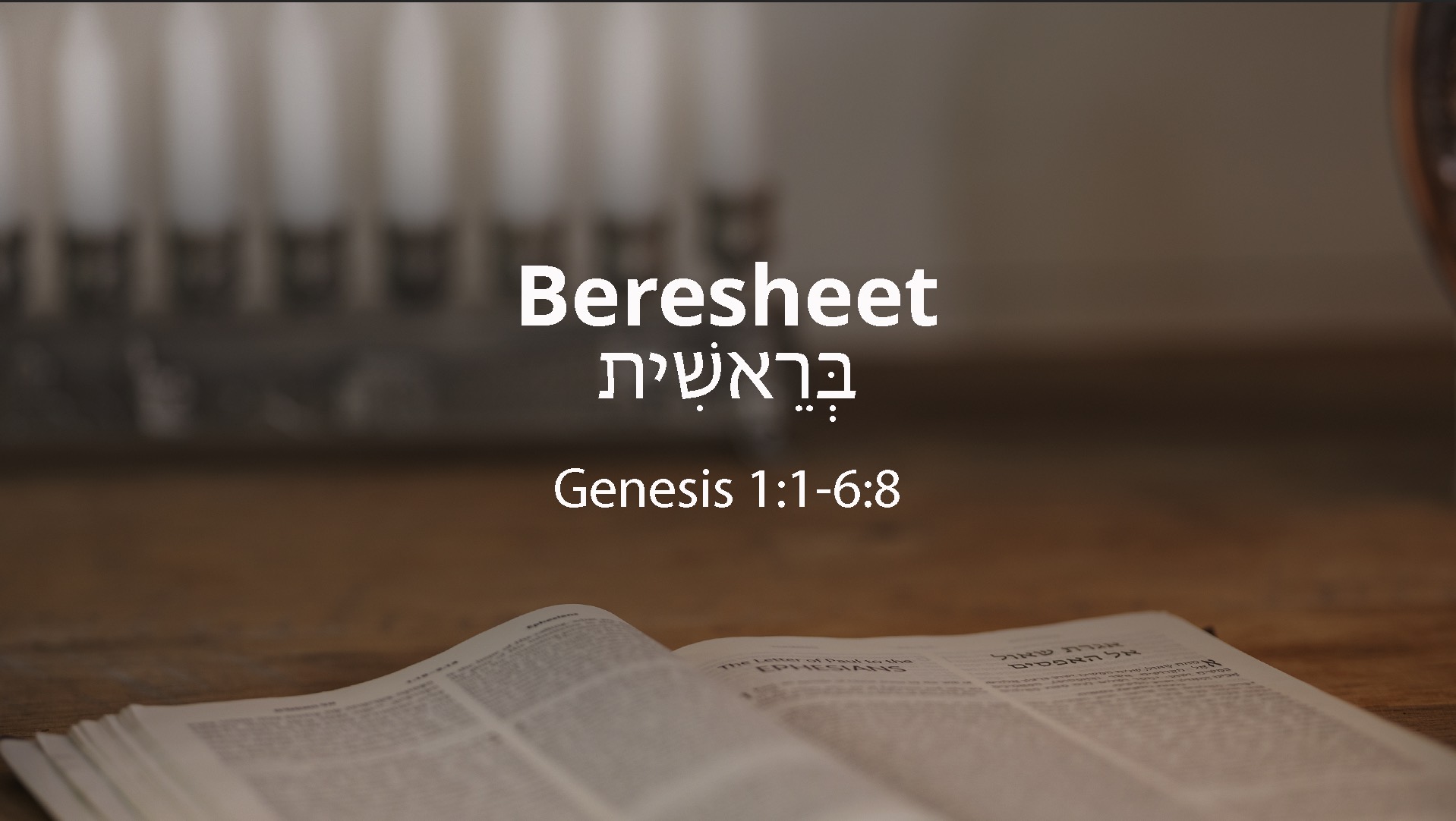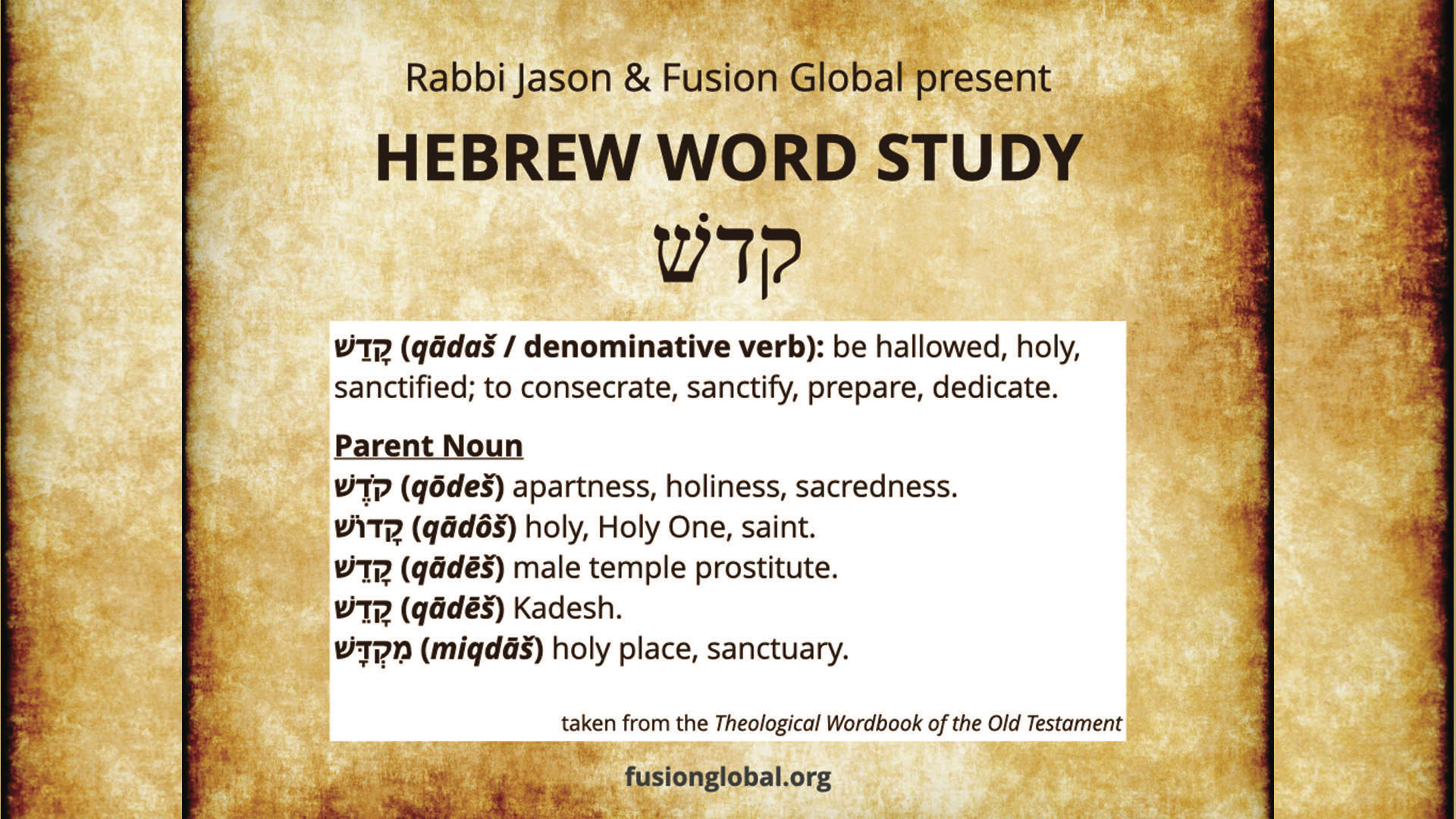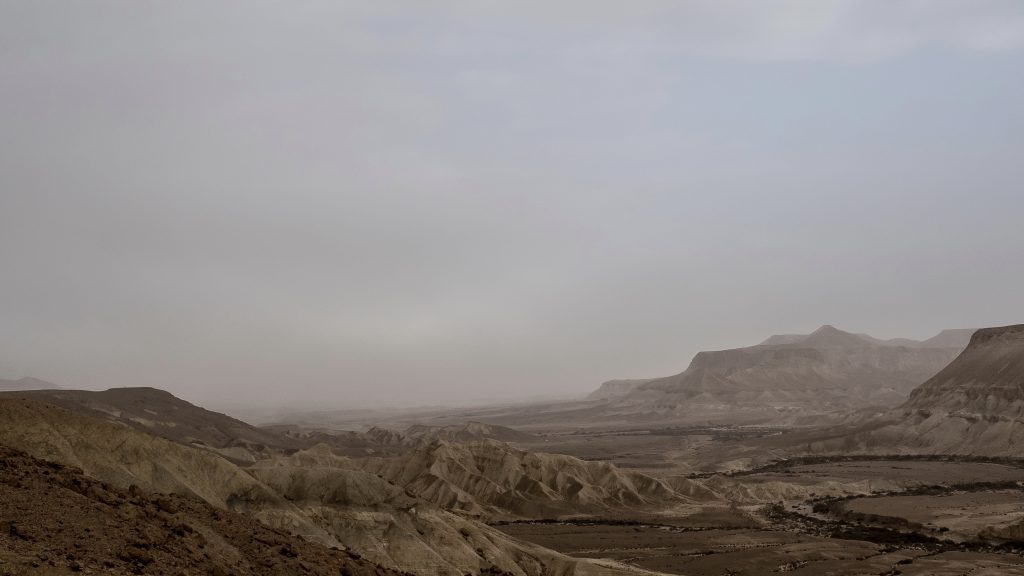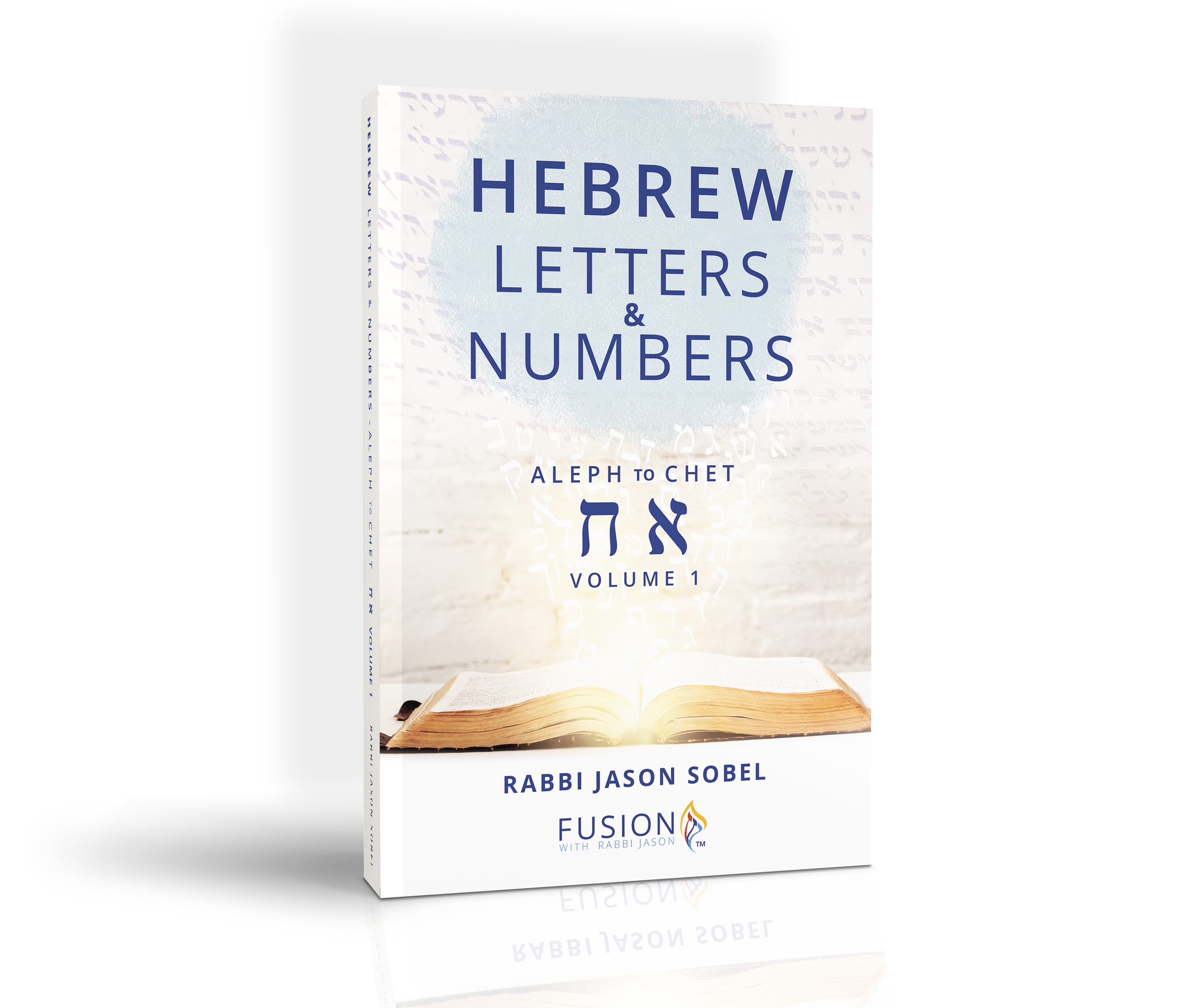
The people saw glimpses of both Elohim and YHVH, but most could not understand who Yeshua was. His hidden divinity as Elohim made it hard for people to see beyond His physical being. His true identity was hidden like that of God’s identity in nature. The Divine clothed and concealed in the garments of gashmius—physicality. But after the Resurrection, those who had “eyes to see” recognized Him as both Elohim and YHVH.

We’re excited to introduce another “deeper” resource to our TPG Tribe: the Hebrew Word Study. We’ve featured a “Hebrew Word of the Week” graphic in our Table of Contents each week, but these articles offer a deeper dive into their meaning as well as their biblical and cultural contexts. Our prayer is that these articles will intensify your hunger for God’s Word.

HOW TO READ THE TORAH Did you know Yeshua’s first act of public ministry included a Torah reading? As described in Luke 4:14-21, Messiah’s ministry kicked off with giving a public reading of the Jewish scriptures! If the Torah reading was central to the worship of Yeshua and His first-century followers, should it not be [...]

Why Read The Torah? When we connect the old with the new, we can experience the entirety of our inheritance, as God intended! The Weekly Torah Reading is one powerful way to partake in God’s abundant plans for His children. I was just a teenager when I met Yeshua for the first time. Even after [...]
ave you ever watched a sports event where the player with the ball refused to pass to his or her teammates? Some might call those players “ball hogs,” but more than that, they’re just poor leaders. In their refusal to share the spotlight with their team, they compromise the game’s success. We see a similar […]
This week’s Torah portion begins with God saying to Moses,“You yourself will command the children of Israel to take pure, pressed olive oil for illumination, to kindle the lamp continually” (Exodus 27:20). Only a few precepts in the Torah are introduced by the word tetzaveh, or “command,” rather than the more commonly used words tomar, “to say,” or tedabber, “to speak.” What does this difference mean? […]







